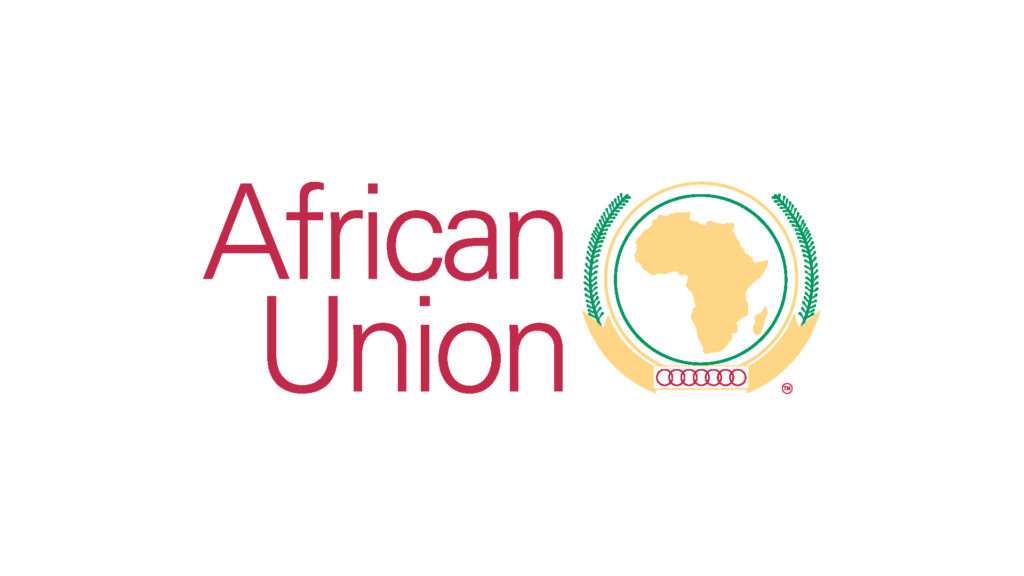Kenya has announced a major policy shift, allowing citizens of almost all African countries to visit without prior authorization. The decision, outlined in a cabinet directive, replaces the controversial Electronic Travel Authorization (ETA) system introduced last year.
The ETA, which required online approval before travel, had been criticized as a “visa under another name.” The updated policy exempts all African nations except Somalia and Libya due to ongoing security concerns.
The cabinet statement explained that the move aligns with Kenya’s efforts to “support open skies policies and tourism growth” while promoting regional integration and easing intra-continental travel.
Despite its initial aim to streamline travel, the ETA system saw Kenya slip 17 places to 46th in the 2024 Africa Visa Openness Index, a ranking that measures how accessible countries are to visitors.
Kenya’s move follows similar actions by other African nations. Earlier this year, Ghana waived visa requirements for all African passport holders, while Rwanda has maintained a visa-free policy for African visitors.
Kenya’s new system allows citizens from most African countries to enter and stay visa-free for up to two months. For East African Community (EAC) members, including Uganda, Tanzania, Rwanda, and Burundi, the stay extends to six months under regional agreements.
The African Union (AU) is actively pursuing an integrated Africa where citizens can move freely and engage in economic activities.
Central to this vision is the African Continental Free Trade Area (AfCFTA), which aims to create a single market for goods and services, facilitating the free movement of people and capital across borders.
This integration is expected to enhance intra-African trade, improve economic resilience, and boost productivity by reducing barriers that currently hinder economic growth.
The AU’s Agenda 2063 outlines aspirations for a united continent, emphasizing the importance of infrastructure development to connect regions and enable seamless movement.
By fostering regional cooperation and harmonizing policies among various Regional Economic Communities (RECs), the AU seeks to create a cohesive economic environment that encourages business development and enhances living standards across Africa.
Ultimately, this integrated approach aims to empower African nations to play a significant role in the global economy while ensuring prosperity for their citizens.

Enhanced Processing and Security Measures
Kenya plans to introduce an enhanced entry process, promising instant approvals and a maximum processing time of 72 hours. While no implementation date has been announced, the cabinet has tasked several ministries with developing guidelines to improve the experience for travelers at Kenyan airports within a week.
Previously, visitors from over 40 countries could enter Kenya without paying a fee, receiving a simple passport stamp upon arrival. Under the ETA system, travelers were required to apply and pay $30 at least three days before departure unless exempted. Critics argued that this made travel more cumbersome, potentially discouraging visitors.
Kenyan authorities defended the ETA’s introduction, citing security concerns. The country has faced several high-profile attacks by al-Shabab militants from neighboring Somalia. A government spokesperson noted last year that pre-screening was necessary to vet travelers effectively.
The new system aims to strike a balance between security and convenience. According to the cabinet, it will enhance “pre-screening, strengthen security, and streamline passenger processing at entry points.”
Efforts to facilitate travel within Africa are gaining momentum as studies reveal it is often easier for Western citizens to visit the continent than for Africans themselves. Kenya’s latest policy marks a significant step toward reducing these disparities and fostering economic and cultural ties across borders.
As Kenya positions itself as a more accessible destination, the move could boost tourism and regional cooperation, signaling a shift toward a more interconnected Africa.
READ ALSO: Dela Sky Urges Bold Steps for Volta Region’s Development























